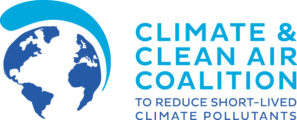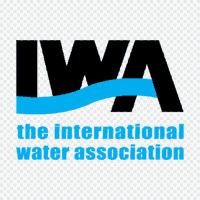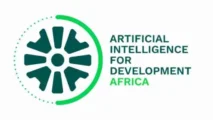Food systems across the globe are both a major source of super pollutant emissions and impacted by climate change and air pollution. From the farmer’s field to the consumer’s trash and everything in between, food production and consumption comes with emissions of black carbon, methane, nitrous oxide, and HFCs globally. These emissions also harm plant health—and with-it agriculture outputs and human health—through air pollution and extreme weather events. For example, tropospheric ozone is responsible for global crop production losses of 79-121 million tonnes annually.
While food is necessary for human survival, a significant portion of emissions along the value chain are the result of food that is produced, transformed, and transported but never eaten. Across the world about one-third (over 1 billion tonnes) of all food produced for human consumption is lost or wasted, often ending up decomposing in landfills or open dumps negatively impacting human health and being lost for soil fertility or biodiversity.
Preventing food wastage along the value chain and redistributing edible food are crucial strategies that require cross-sector collaboration. These measures not only enhance food security but also help reduce multiple greenhouse gases and air pollutants simultaneously. Key actions include the development of innovative, energy-efficient cold chains that use low- or ultra-low global warming potential (GWP) refrigerants.
For non-avoidable or non-edible food waste—from agriculture to consumption—robust management systems are needed to capture organic waste in the highest possible quality and quantity. This is essential for closing natural nutrient cycles, preserving soil health, supporting food security, and enabling climate adaptation. Diverting organic waste from landfills and transforming it into valuable agricultural inputs is a critical step in this process.
Additionally, modern bioeconomy approaches are increasingly recognizing the importance of incorporating not just biomass but also biodegradable waste to replace products and fuels of fossil origin. However, despite their significance, these waste management systems often lack the enabling policy frameworks and financial support needed to scale super pollutant mitigation while safeguarding vital natural resources for the future.
These missed opportunities persist even as global food insecurity and malnutrition continue to rise – even though current food production is sufficient to nourish the world’s population. In 2023, 1 in 11 people globally faced hunger, rising to 1 in 5 in Africa (WHO). More than 2.33 billion people experienced moderate or severe food insecurity, and over 3 billion could not afford a healthy diet (UN).
Tackling super pollutant emissions from food loss and waste presents a practical, high-impact pathway to deliver multiple benefits. It can improve health and nutrition outcomes, create jobs and economic opportunities, and serve as a vital climate change mitigation strategy “from within” the food system – while also building resilience for the future.
- Proposals should target at least 2 of the focus areas outlined above and show cross-sector approaches to reducing food loss & waste
- Proposals should target innovative approaches that are collaborative, scalable, and address more than one of the above-mentioned challenges
- Proposals should show GHG/super pollutant reductions and impacts of all non-GHG/super pollutants-related areas by indicators
- Proposals should clearly outline their proposed approach/methodology
- Engagement with sub-national, private sector and other stakeholders is encouraged
- Proposals from consortiums are encouraged including from local NGOs, government entities, and international organizations
- Proposals with co-funding or in-kind contributions are encouraged including from private sector stakeholders or other donor schemes than those of CCAC
- Proposals must target activities in ODA-eligible countries







